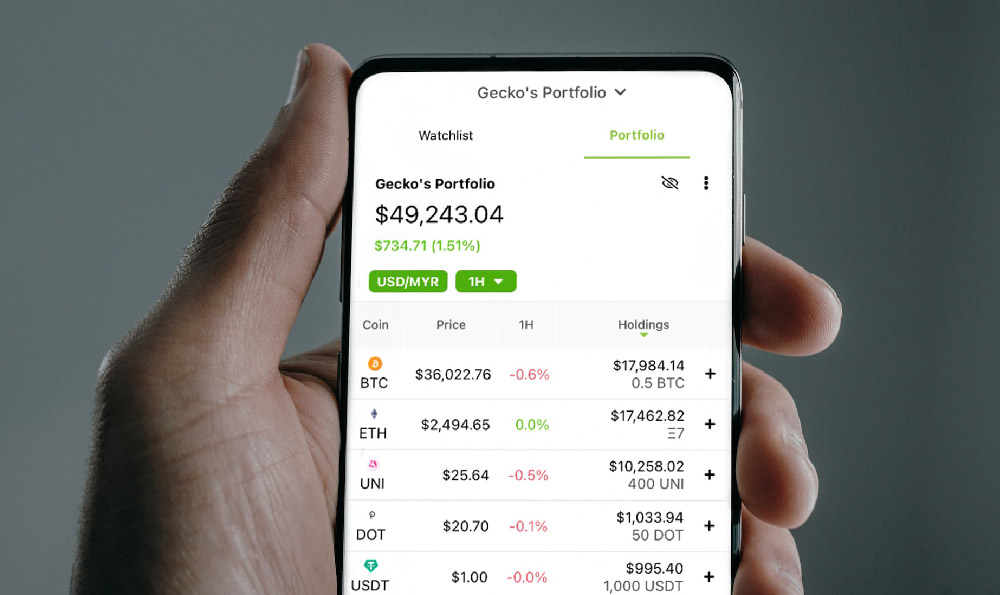George Steinbrenner built his fortune through his ownership of Major League Baseball (MLB) teams, particularly the New York Yankees, by leveraging a combination of strategic business acumen, aggressive financial management, and a deep understanding of sports entertainment as a lucrative industry. His approach not only transformed the Yankees into a dominant force but also established a blueprint for success in professional sports ownership that many investors and entrepreneurs still study today. The key to his financial growth lay in his ability to balance short-term gains with long-term vision, creating value through both on-field performance and off-field operations.
A pivotal moment in Steinbrenner's journey came when he took control of the Yankees in 1973, marking the beginning of a new era for the franchise. His ownership philosophy was rooted in the belief that sports teams were not just athletic entities but valuable assets that could generate substantial revenue through media rights, merchandise sales, and stadium operations. This mindset allowed him to make bold decisions that prioritized profitability over traditional baseball metrics. For example, he significantly increased the team's budget, hiring top-tier talent and investing in state-of-the-art facilities, which in turn boosted the Yankees' competitiveness and fan engagement. The result was a virtuous cycle of success: winning games attracted more fans, leading to higher ticket sales and television contracts, which in turn funded further investment in the team.
Steinbrenner's financial strategies were characterized by their aggressiveness and foresight. He understood that the sports industry was evolving rapidly, driven by the rise of television and the growing importance of branding. To capitalize on this, he secured lucrative broadcasting deals, ensuring that the Yankees would benefit from a steady stream of revenue. Additionally, he redeveloped Yankee Stadium, creating a premium experience for fans that justified higher ticket prices and enhanced the team's market value. His willingness to spend heavily on payroll and infrastructure, even when it meant short-term losses, paid off in the long run by creating a sustainable competitive edge.

Another critical factor in his success was his ability to innovate and adapt to changing market conditions. Steinbrenner recognized the potential of global markets and actively promoted the Yankees as an international brand, expanding the team's reach beyond the United States. This strategy not only increased fan base but also opened up new revenue streams from overseas markets. He also embraced technology, using data analytics and modern training techniques to improve player performance and reduce injury risks. These innovations helped maintain the Yankees' dominance while keeping operational costs in check.
Steinbrenner's ownership also involved a shrewd understanding of the media landscape. He negotiated long-term television contracts that secured billions of dollars for the team, ensuring that even during periods of lower on-field success, the Yankees remained financially stable. His ability to anticipate market trends and secure favorable deals demonstrated his expertise in maximizing the value of his investments. Additionally, he invested in the team's merchandise and licensing, creating a wide range of products that appealed to fans and generated significant profits.
The financial impact of Steinbrenner's ownership was profound, not only for the Yankees but also for the broader MLB ecosystem. His success inspired other team owners to invest more in their franchises, leading to an overall increase in the value of MLB teams. This shift contributed to the league's profitability and solidified its position as one of the most valuable sports leagues in the world. Steinbrenner's ability to merge sports with business created a model that others could follow, ensuring that MLB ownership became a highly profitable venture.
In addition to his financial strategies, Steinbrenner's management style played a crucial role in building his fortune. He was known for his hands-on approach, often making decisions without consulting his team. This direct involvement allowed him to ensure that every aspect of the business was aligned with his vision. His confidence in his judgments and his ability to execute them effectively contributed to the Yankees' sustained success. However, this approach also had its challenges, as it sometimes led to conflicts with managers and players. Despite these, his financial acumen and commitment to winning ultimately outweighed any short-term setbacks.
Steinbrenner's legacy in building his fortune through MLB ownership is a testament to the power of strategic investment and business innovation in the sports industry. His ability to transform the Yankees into a financial powerhouse while maintaining their competitive success continues to influence how teams are managed and valued today. By focusing on both profitability and performance, he created a model that remains relevant in modern sports ownership. His approach not only built his personal fortune but also contributed to the broader growth of MLB as a business.
The story of George Steinbrenner's rise to financial prominence through his MLB ownership is one of vision, strategy, and execution. His understanding of the intersection between sports and commerce allowed him to make decisions that benefited both the team and the broader industry. By investing in talent, infrastructure, and media rights, he ensured that the Yankees would remain a dominant force in the sport. His success highlights the importance of long-term thinking and the willingness to take calculated risks in building wealth through sports ownership. As the sports industry continues to evolve, Steinbrenner's legacy serves as a valuable reference for those looking to invest in professional sports and generate significant returns.












